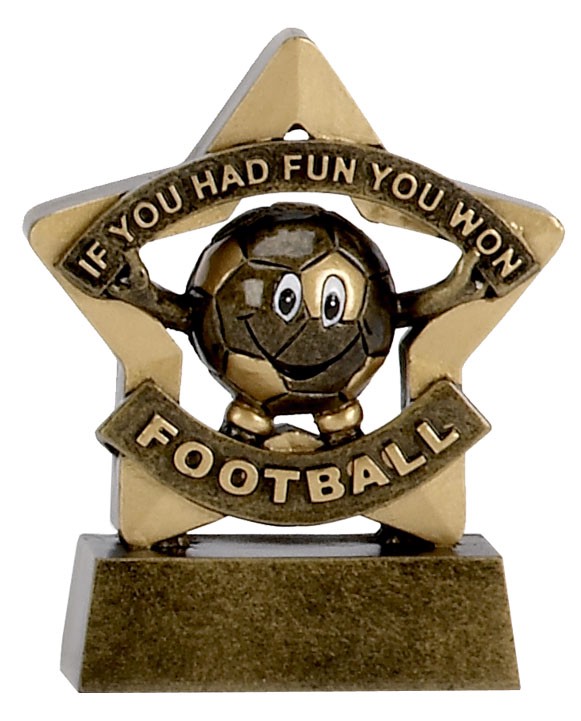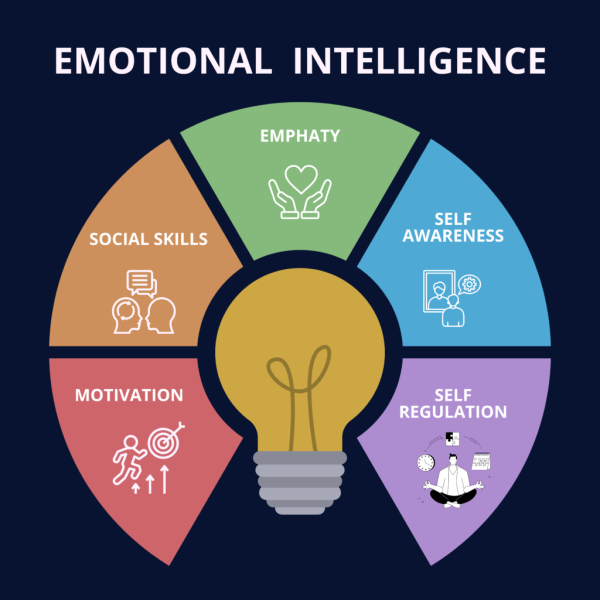Op Ed: Should Children Receive Participation Trophies?
Participation trophies do not prepare kids for the real world. Many children have an unrealistic expectation for life when they get older. Parents and coaches raise kids with the idea that they can win all the time which, quite frankly, is incorrect. It lowers children’s confidence as they get older, and sometimes fail. As children grow up they will be upset when they do not get the promotion they want or the house they applied for. They may not understand that life is not fair, which is a concept they should have learned during their childhood. Children should not receive participation trophies, because it leads to them growing up believing they should be rewarded for everything they do.
People who receive participation trophies as children do not get a dose of reality that will prepare them for the rest of their lives. They do not experience what it feels like to lose. When a child loses a game, they begin to understand that not everyone can win all the time. This feeling gives them the life lesson that carries over into their careers, like when they lose out on the job they wanted. When they are still in high school and applying for jobs, they understand that they may not get the interview or the job. In an article by the New York Times, high school junior Betty Berdan said, “We begin to expect awards and praise for just showing up — to class, practice, after-school jobs — leaving us woefully unprepared for reality.” Berdan reinforces the concept that receiving participation trophies leaves children unprepared for reality.
When most of the “Gen Z” population was younger, everyone received participation trophies. Even if the team lost every single game of the season, participation trophies were given out. Officials were rewarding kids for losing. As these same people went into middle and high school, they did not receive trophies anymore. When watching a high school football game many athletes get angry when they lose the big game, which is understandable. No one wants to lose. However, when that anger is taken to the next level, then it becomes a problem. Many of those athletes received participation trophies when they were younger. As a result, they now have amplified emotions when they lose that can get out of hand. When Nevin Martell, a writer for the Washingtonian, heard his four-year-old son came home from a sports camp and asked for a trophy because he received two medals, he responded with, “That’s not how it works. Trophies signify an achievement of some kind. You won a soccer championship. You made the best project at the science fair. You were the last kid standing at the spelling bee. Something Monumental.” Of course, his son then was angry and ignored his father. Even at such a young age, children do not understand that they cannot just receive trophies for participating.
At this time in history, it seems as if parents are becoming okay with handing rewards over to their children. When their children receive participation trophies, the parents congratulate them. Many parents do not teach their children that it is okay to lose. Ashley Merryman of the New York Times has explained what children are taught after receiving participation trophies. “If children always receive a trophy – regardless of effort or achievement – we’re teaching kids that losing is so terrible that we can never let it happen.” This could be destructive, as the reaction from parents to their kids’ failure is just as crucial as celebrating their success. She also goes on to explain that, if parents believe that overcoming failure and mistakes make them stronger, then their children believe it too. Kids tend to have the same beliefs and values as their parents. If their parents believe that losing is okay, the kids will develop the skills later in life to accept defeat.
Children should not receive participation trophies. The trophies teach the kids that losing should be rewarded. It does not teach them that they need to be able to accept the outcome no matter what happens. Children adopt the same perspectives that their parents have. While they can form their own opinions and perspectives, a majority of them are derived from their parents’ beliefs. Even though the trophies make the kids feel good at the moment, they do not experience the feeling of losing or learn how to process their emotions. In conclusion, children who do not receive participation trophies grow up with better preparation for the world and learn to accept their failures.
Submission Courtesy of Mrs. Hubbard’s English III Class.






